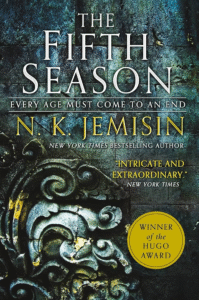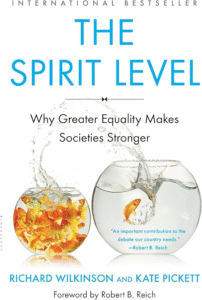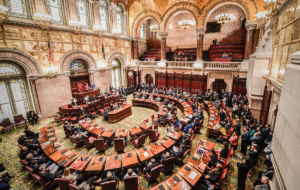The Paradox of Valentine’s Day: Can You Truly Love Others Without Loving Yourself First?
The External Focus of Valentine’s Day: A Celebration of Love, But What Kind?
Valentine’s Day, a celebration of love and romance, often places a heavy emphasis on external expressions of affection. Flowers, chocolates, and grand gestures become the symbols of love, but the holiday also presents a deeper, more introspective question: Can we truly love others deeply and authentically without first cultivating a strong sense of self-love? We will explore this paradox, arguing that self-love is not a prerequisite for all relationships, but rather a crucial foundation for building healthy, fulfilling, and sustainable connections with others.

The Shadow Side of Love: When a Lack of Self-Love Undermines Relationships
The idea that self-love is essential for loving others can seem counterintuitive. After all, isn’t love about giving, about putting someone else’s needs before our own? However, a lack of self-love can manifest in unhealthy relationship patterns. We might seek validation from others to fill the void within, leading to codependent relationships where our self-worth is contingent on external approval. We might settle for less than we deserve, tolerating mistreatment because we believe we are not worthy of true love. Or, we might become overly critical and jealous, projecting our own insecurities onto our partners. In these scenarios, the pursuit of love becomes less about genuine connection and more about fulfilling a need for validation that can only be met from within.
Defining Self-Love: Beyond Narcissism to Authentic Acceptance
Self-love, in this context, is not about narcissistic indulgence or egotism. It’s about cultivating a deep understanding and acceptance of ourselves, flaws and all. It’s about recognizing our inherent worth, independent of external validation. It’s about practicing self-compassion, treating ourselves with kindness and understanding, especially during times of struggle. When we have a strong foundation of self-love, we are less likely to seek external validation and more likely to enter relationships from a place of wholeness and abundance, rather than neediness and desperation.
The Spectrum of Love: Different Forms, Different Dynamics
However, it’s also important to acknowledge that love exists on a spectrum. There are many forms of love, from the unconditional love of a parent for a child, to the passionate love between romantic partners, to the deep bonds of friendship. While self-love might be ideal for navigating romantic relationships, it doesn’t mean that people who struggle with self-esteem are incapable of experiencing or expressing love in other contexts. A parent struggling with self-worth can still deeply love and care for their child. Friendships can offer mutual support and validation, helping individuals grow in self-love. Love, in its various forms, can be a powerful catalyst for healing and personal growth, even if that growth isn’t complete or perfect.
The Quality of Connection: How Self-Love Shapes Our Relationships
The key difference lies in the quality of the relationship. Relationships built on a foundation of self-love tend to be more balanced, respectful, and fulfilling. When we love ourselves, we are better equipped to set healthy boundaries, communicate our needs effectively, and choose partners who respect and appreciate us for who we are. We are also less likely to tolerate mistreatment or settle for less than we deserve. Self-love empowers us to create relationships that are based on mutual respect, trust, and genuine connection, rather than neediness or codependency.
The Most Important Love of All
In conclusion, while individuals can experience and express love even while struggling with self-esteem, cultivating self-love is crucial for building and maintaining healthy, sustainable relationships, particularly romantic ones. It allows us to approach relationships from a place of wholeness and abundance, rather than seeking external validation to fill an internal void. Self-love is not a prerequisite for all forms of love, but it is an essential ingredient for creating relationships that are truly fulfilling and contribute to our overall well-being. This Valentine’s Day, perhaps the most important love we can cultivate is the love we have for ourselves.




















